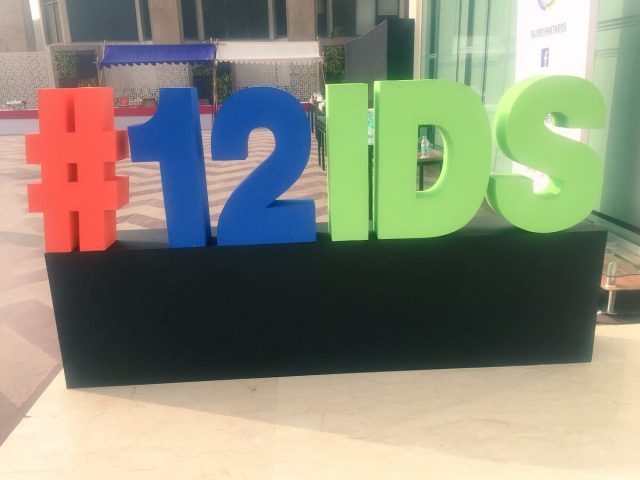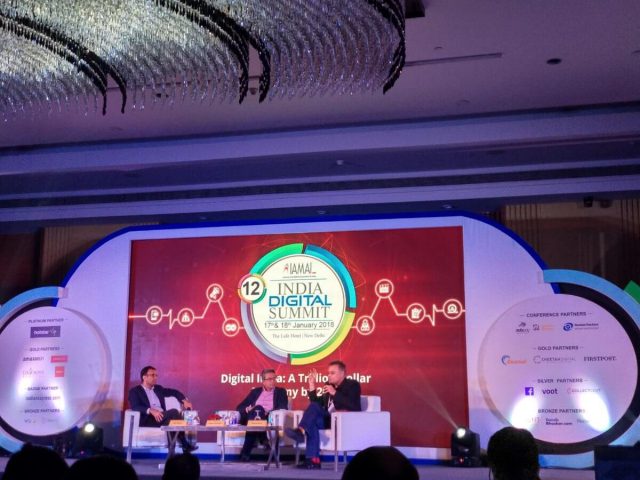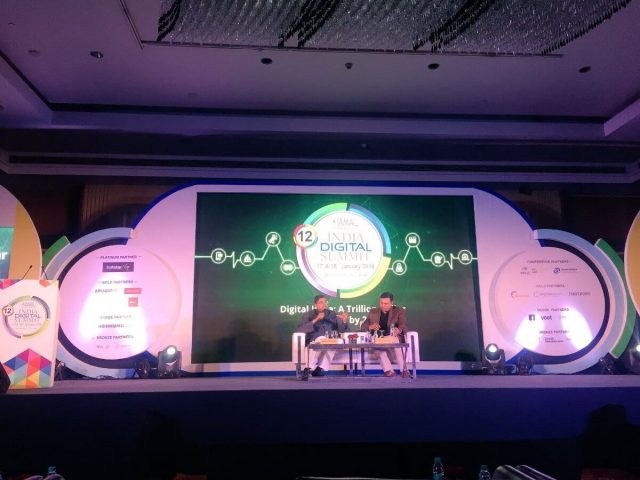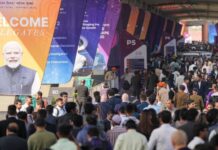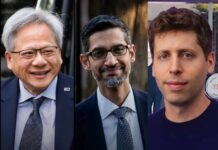The 12th India Digital Summit, organized by the IAMAI (Internet and Mobile Association of India) was held in The Lalit Hotel on January 17-18 2018.
It featured technocrats and luminaries from the technological world as well as from the government who discussed at length over the span of two days about how to transform India into a trillion dollar digital economy by 2022, and what challenges we face currently and those that we might face in the future.
The conference was kicked off by a keynote from the Chairman of IAMAI, and the MD of Google, India, Rajan Anandan.
He was followed by Ajit Mohan, CEO of Hotstar.
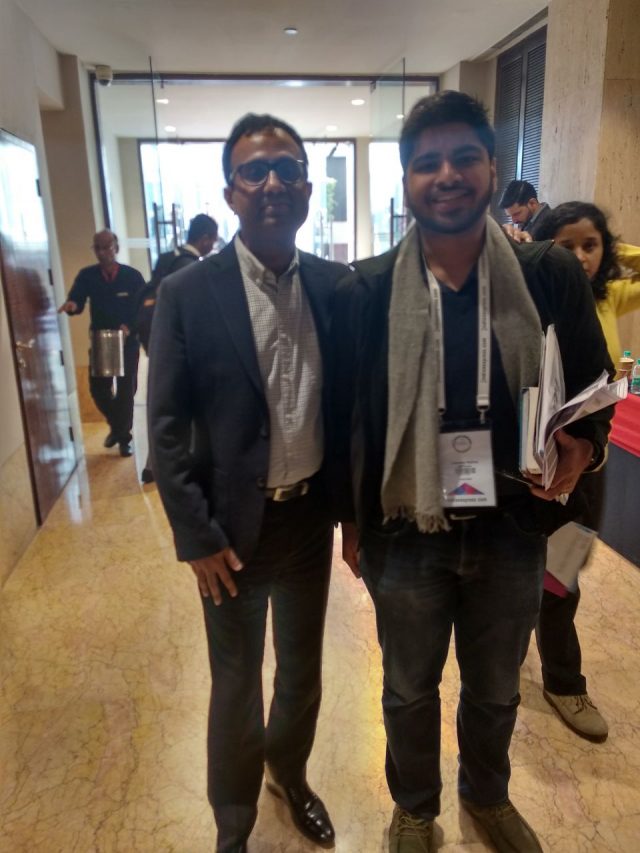
Mr. Mohan spoke about the potential of streaming services in India and how it is taking the world by storm.
While listening to his speech, a very interesting statistic that he mentioned was the India-Pakistan match steaming on Hotstar last year where over 4 million people were watching simultaneously. This, he said, not only revealed the growing interest of the Indian population in streaming but also pointed out the stark difficulties that face these companies and how much infrastructure needs to be built to support it.
This discussion was carried forward in a tripartite talk between, Mr. Anandan, Mr. Mohan, and Neeraj Roy (MD and CEO of Hungama Digital Media Entertainment) who further deliberated upon the issues that infrastructure faces right now.
The conference then split into 5 parallel forums, with a succession of keynotes by luminaries, an entertainment tech section, a cryptocurrency section, a design section, and a leader cast section.
The keynotes featured, to name a few, were Amitabh Kant (CEO, Niti Ayog), Baijayant Panda (MP, Lok Sabha), Sunil Bajpai (Principal Advisor, TRAI), and Amol Mathur (Director of Security, APJ region AKAMAI technology).
The Niti Ayog CEO spoke about the massive 400 million phone users in India and how 85% of them are unconnected. He also stressed the importance of AI. He told the gathering “Advanced robotics are already handling 25 percent of the jobs. This will rise to 45 percent in the coming years.”
Talking about “Make In India”, he emphasized on Indian problems that need to be solved first. Problems such as drinking water, bridges, and other infrastructure need to be addressed, and how these problems would give unicorns unique opportunities to grow and explore.
Read More: Houses That Float Are What India Needs To Tackle Floods
MP Panda, who was the next to go, spoke about privacy concerns in the digital world with Aadhaar as the focus and said that he was “extremely satisfied” with the Supreme Court’s rulings on privacy. But an interesting thing he pointed out was that we cannot have absolute privacy when we as a society have agreed on things like facial recognition on smartphones, full body scanning at airports, CCTV in public etc.
He was followed by Amol Mathur from AKAMAI who built upon Mr. Mohan’s speech from the first keynote about the need for improvement of infrastructure of the internet delivery services and issues such as bots that they face on a regular basis.
The event finally came to an end with the last keynote by Sunil Bajpai, a principal advisor in TRAI. He also discussed the importance of artificial intelligence and how it has come so far in so little time. He gave the example of TRAI’s app that uses artificial intelligence to detect and stop spam callers.
He also pointed out a few challenges that AI would face in the future, primary among them being the issue of trust and whether you’d be able to place trust into an autonomous being.
All in all, it was a stimulating discussion of ideas and the event really got people asking new questions and figuring out answers to existing ones. The engagement of representatives of the government and the industry alike really raised people’s confidence about the collective effort to transform India into a trillion dollar digital economy.
Image Credits: Google Images
Other Recommendations:
http://edtimes.in/2017/11/laxmicoin-indias-first-own-digital-cryptocurrency-heres-all-that-you-need-to-know/



























